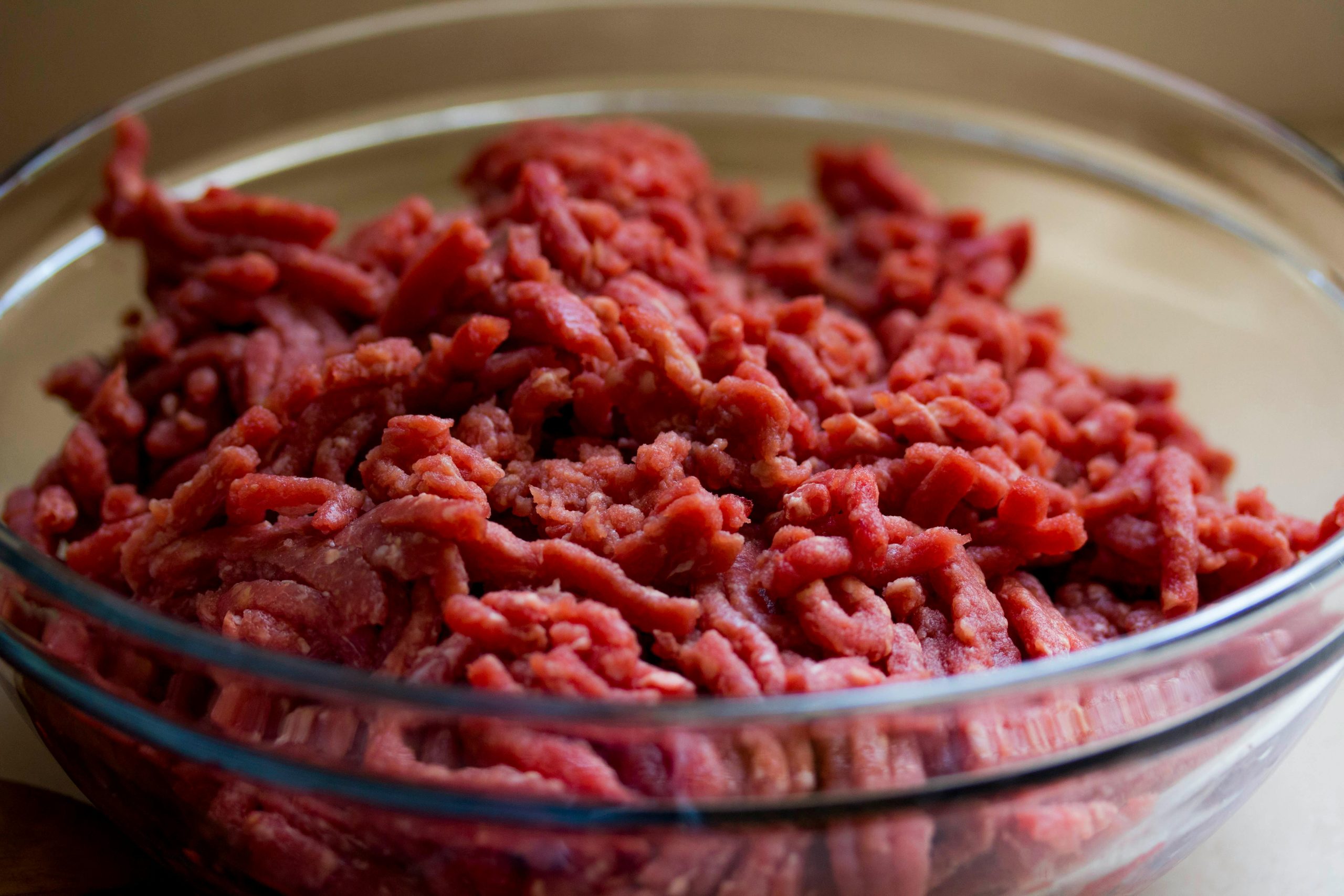When the U.S. Department of Agriculture’s Food Safety and Inspection Service (FSIS) issues a recall for a meat product, the reason is not always a problem with the meat itself. Often, the recall is due to a cross-contamination risk that occurred during the packaging process. This happens when a product comes into contact with an undeclared allergen, like dairy or nuts, or a pathogen like Listeria from a contaminated surface. These recalls highlight the critical importance of a clean and controlled processing environment.

Image Source: pexels.com
1. Ready-to-Eat Charcuterie Meats
In a major recall in early 2024, a company recalled over 10,000 pounds of ready-to-eat charcuterie meats, including salami and prosciutto. The FSIS issued the recall not because of the meat, but because of a risk of Listeria contamination from the equipment used to slice the products. This type of cross-contamination is a huge concern for ready-to-eat foods, as the consumer does not cook them before eating.
2. Chicken Sausage with Undeclared Dairy
A brand of chicken sausage was recently pulled from shelves because it was produced in a facility that also handles cheese. Due to a packaging error, the sausage was potentially cross-contaminated with milk, a major allergen, which was not declared on the ingredient label. This posed a serious health risk for people with dairy allergies, forcing a widespread recall.
3. Frozen Chicken Kiev with Undeclared Soy
A company that produces frozen chicken entrees had to recall its Chicken Kiev product. The issue was that the breading was potentially cross-contaminated with soy, another common allergen. The company’s supplier had changed the formula for the breading without informing them, leading to an undeclared ingredient that could cause a severe reaction in sensitive individuals.
4. Beef and Pork Smoked Sausage
The FSIS announced a recall for a popular brand of smoked sausage because the products were potentially contaminated with foreign materials. The contamination, which included small pieces of metal, was believed to have come from a piece of faulty processing equipment. This type of cross-contamination creates a physical injury and choking hazard for consumers.
5. Ground Beef with Potential E. coli Contamination

Image Source: pexels.com
While E. coli can originate in the meat itself, a cross-contamination recall can happen if a clean batch of ground beef is processed on equipment that was not properly sanitized after handling a contaminated batch. This is a common scenario in large processing plants. The recall is then issued for all products that may have come into contact with the contaminated surface.
6. Pre-Packaged Deli Meats
Similar to the charcuterie recall, pre-packaged deli meats are often subject to recalls due to potential Listeria contamination. This can come from the slicing and packaging environment. The FSIS regularly issues public health alerts for these products when a sample from a processing facility tests positive for the bacteria. The risk of it spreading to other products is high.
7. Chicken Salad with Undeclared Nuts
A recall was issued for a brand of pre-made chicken salad sold in grocery store delis. The product was pulled because it was accidentally mixed with a small amount of a different salad that contained walnuts. Since tree nuts were not listed on the label, this cross-contamination posed a life-threatening risk to anyone with a nut allergy.
The Hidden Dangers of Processing
These recalls demonstrate that the safety of a packaged meat product depends on more than the quality of the meat itself. It relies on a clean, controlled, and carefully monitored processing environment. For consumers, it is a reminder that even a trusted brand can be subject to a recall. It can be due to a simple mistake in the packaging line that introduces a hidden and dangerous risk.
How closely do you follow food recall notices? Have you ever had to throw out a product due to a recall for cross-contamination? Share your experience!
Read More
